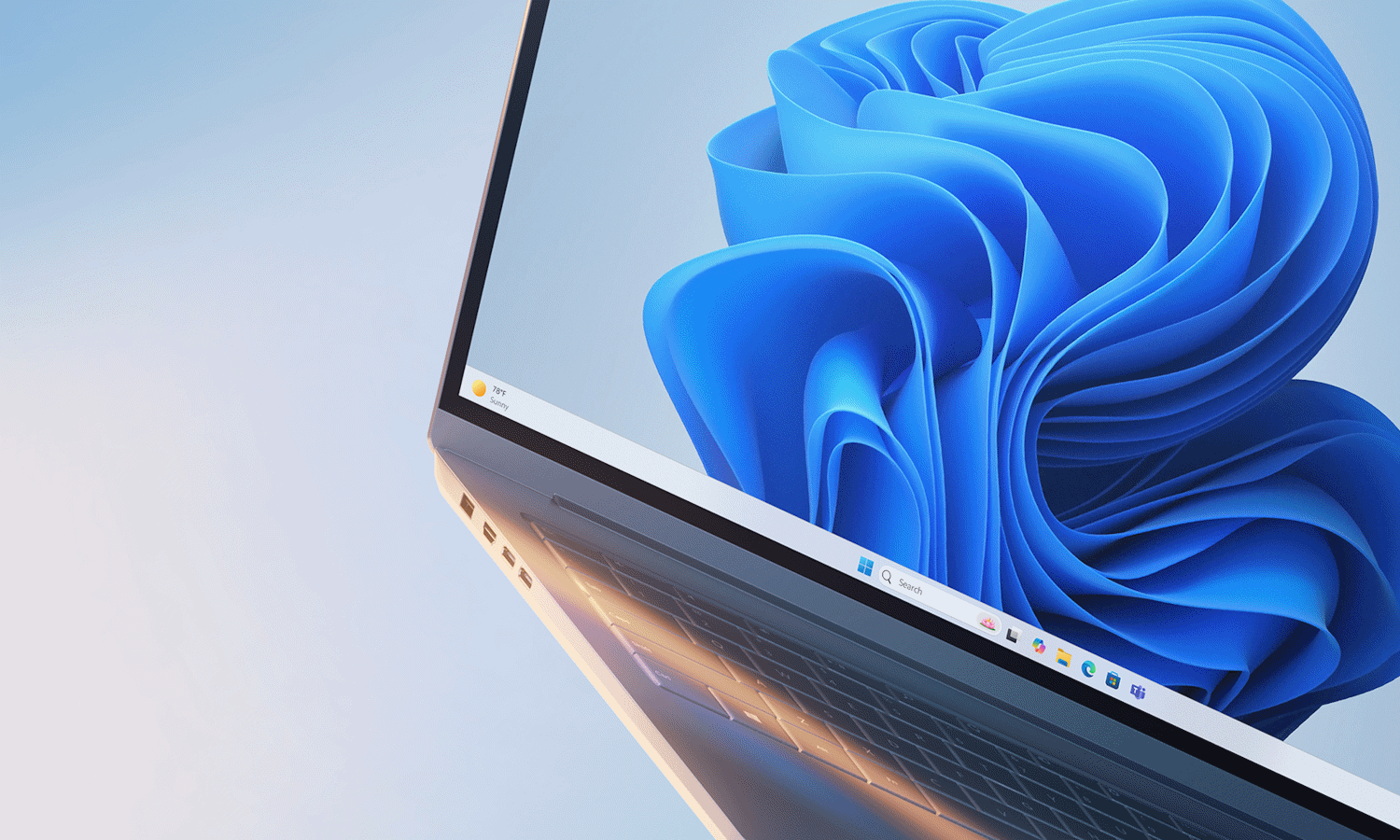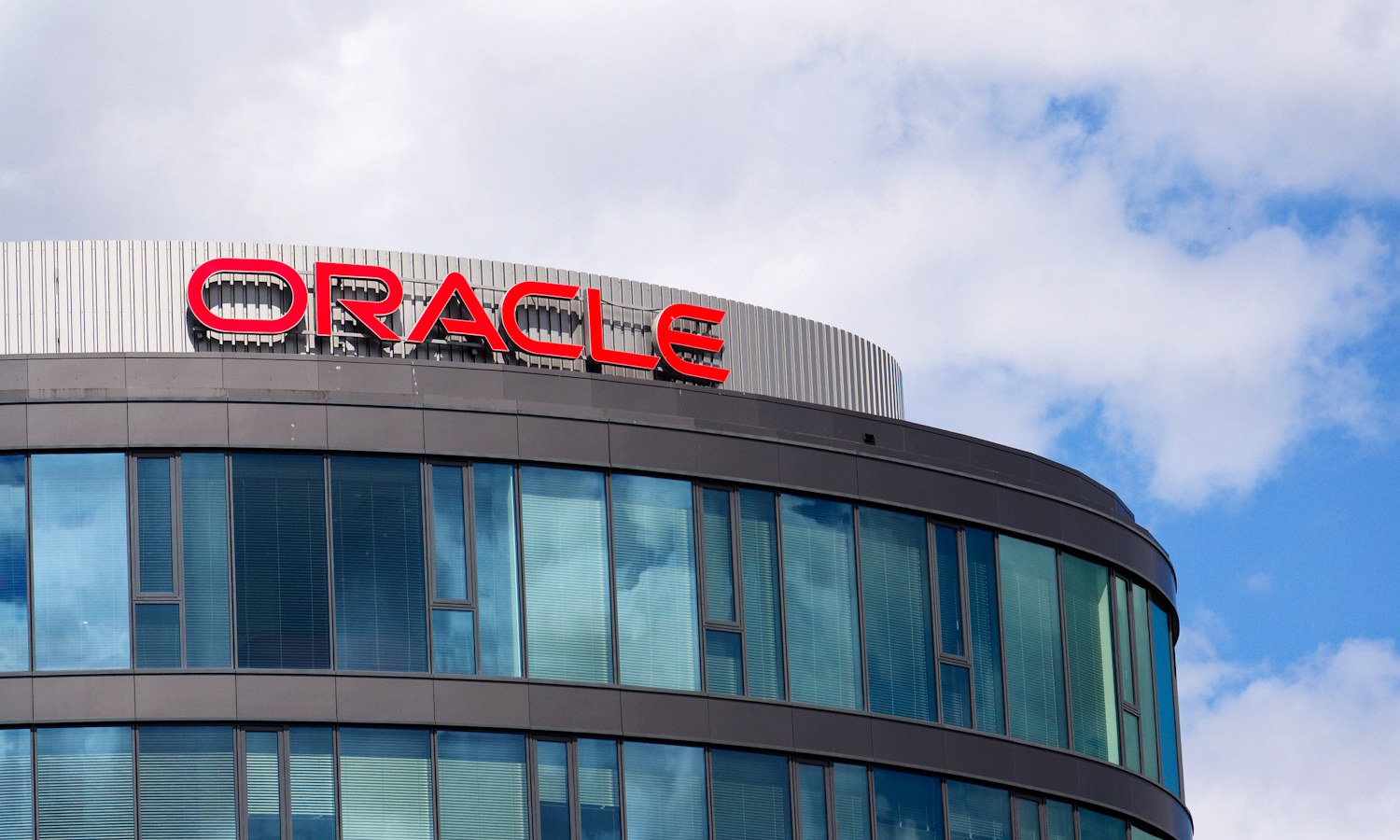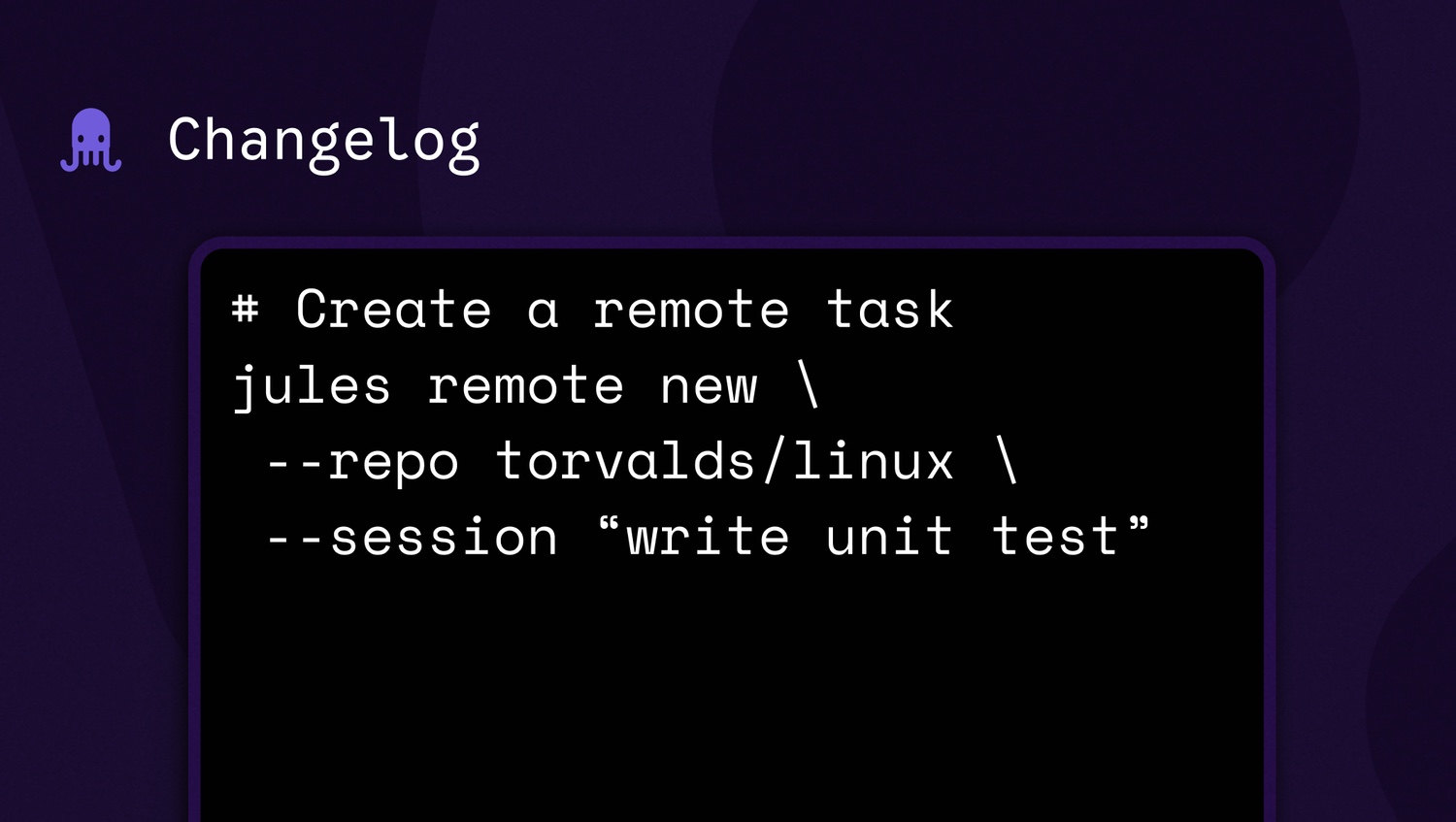
Microsoft and Valve issue warning to gamers about Unity vulnerability
Both Microsoft and Valve have issued warnings about flaws in the Unity engine that could expose gamers to attack. A new version of Steam has been released to plug the security hole as well.
Tracked as CVE-2025-59489, the Unity Gaming Engine Editor vulnerability has a severity rating of 8.4. The nature of Unity is such that the flaw affects multiple platforms – Windows, Linux, macOS and Android. There is good news for some, however; Xbox consoles, Xbox Cloud Gaming, iOS and HoloLens all remain unaffected.

IT leaders struggle with the complexity of recovering from cyberattacks
A new global study of over 800 senior IT leaders reveals the concerns of IT leaders as they struggle with the rising complexity of recovery planning to cope with the aftermath of cyberattacks.
The survey from infrastructure specialist 11:11 Systems finds that 82 percent of respondents have experienced at least one significant cyberattack, while 57 percent endured two or more attacks within the past year.

Get ready to see more targeted ads on Facebook
Advertising is how Meta makes money, hence Facebook users being bombarded with ads and “recommended content”. Starting today you may receive a notification that things are about to change. Unsurprisingly, they are not changing for the better.
Meta says that it is going to “start personalizing content and ad recommendations on our platforms based on people’s interactions with our generative AI features”. What does this mean? Targeted ads, essentially.

The Red Hat data breach is worse than first thought
The situation regarding Red Hat’s recent data breach is worsening – both for the company and for its customers. With GitLab instances belonging to the company having been breached by the Crimson Collective, hundreds of gigabytes of data were stolen.
Now the data breach has transformed into a demand for ransom – perhaps predictably. Interestingly, though, the extortion is not being perpetrated by the Crimson Collective, but by ShinyHunters.

Windows 11 installation no longer lets you skip creating a Microsoft Account
With just a week to go until Windows 10 reaches the end of mainstream support, attention is increasingly turning to Windows 11. And with the release of the latest Dev build of the operating system, Microsoft is making changes to the OOBE.
The Out Of Box Experience is what Microsoft calls what most people refer to as the installation and setup process. With the latest changes, Microsoft is closing loopholes used to create local accounts, thereby forcing the use of a Microsoft Account.

Most big US companies now flag AI use in their public risk disclosures
A new report from The Conference Board and ESGAUGE finds that 72 percent of S&P 500 companies now flag AI as a material risk in their public disclosures. That’s up from just 12 percent in 2023, underscoring how rapidly AI has moved from experimental pilots to business-critical system.
Reputational risk tops the list, cited by 38 percent of companies. Firms warn that failed AI projects, missteps in consumer-facing tools, or breakdowns in service could quickly erode brand trust. Cybersecurity risks follow, disclosed by 20 percent of firms.

Google builds new AI agent to improve code security
Google has released information on a new AI-powered agent that automatically improves code security by fixing critical software vulnerabilities.
CodeMender has been built over the past six months and the company has already upstreamed 72 security fixes to open source projects, including some as large as 4.5 million lines of code.

Premium target -- why insurance companies are so attractive to hackers [Q&A]
The Scattered Spider group seems to have switched from high-profile attacks on UK retailers to new campaigns targeting the insurance sector. The group has recently been linked to ransomware incidents affecting US-based Philadelphia Insurance and Erie Insurance, which operates in both the UK and the US.
We spoke to Danny Howett, technical director at global cybersecurity consultancy CyXcel, to discuss why insurance is such an attractive target and some practical steps insurers can take to shore up their defences against increasingly organised cybercriminals.

Meta could be forced to make massive changes to timelines in its social media apps
A ruling by a Dutch court could ultimately force Meta to make sweeping changes to timeline appearance in the likes of Facebook and Instagram. While it is possible to switch form an algorithm-controlled timeline to a chronological one, the court says that this should be made more accessible.
What could this mean? Right now, it is difficult to say for sure, but it could be the case that – in some jurisdictions, at least – Meta could be required to make a chronological timeline the default.

Oracle releases emergency patch to address Cl0p data theft attacks in E-Business Suite
Oracle has released an emergency patch and an urgent security warning about a 0-day vulnerability in Oracle E-Business Suite.
Tracked as CVE-2025-61882, the security flaw has a severity rating of 9.8 and is described as an “easily exploitable vulnerability”. Oracle warns that the vulnerability is “remotely exploitable without authentication”, going some way to explaining why it is seen as being so serious an issue.

Google unveils Jules Tools, its AI command line coding tool
Anyone who thought command line tools were in danger of being consigned to the history books, Google’s unveiling of Jules Tools put pay to that idea.
For anyone not familiar with Google’s offerings, Jules Tools is a command line interface for its Jules asynchronous coding agent. Google is hardly setting a trend here – there are command line interfaces available for other AIs – but with Jules itself only having launched in December, the speed is a little surprising.

Discord admits customer data theft after third-party security breach
The personal data of Discord users has been exposed after a third-party customer service provider suffered a data breach.
Hackers were able to obtain support tickets from an unnamed company used by Discord to provide support. From this, they were then able to gain access to data including names and government-issued IDs.

AdGuard Ad Blocker lands in the Microsoft Store
AdGuard Ad Blocker is now available through the Microsoft Store, giving Windows users a new way to install the software.
The app is as one of the first full-featured system-wide ad blockers to reach the Store, giving Windows users who prefer centralized app management a direct installation option.

Bose releases second-gen QuietComfort Ultra Headphones with lossless audio and longer battery life
Bose has announced the second generation of its QuietComfort Ultra Headphones, introducing a series of improvements to its flagship over-ear model.
Changes over its predecessor include lossless USB-C audio support, better adaptive noise cancellation, longer battery life, and a new Cinema Mode that boosts clarity in video and spoken-word playback.

GoDaddy introduces trusted identity naming system for AI agents
GoDaddy has stepped in to address what it describes as a growing issue in the AI ecosystem by creating a trusted identity naming system for AI agents.
With over one billion agents expected to be built by businesses within the next three years, the company says the challenge of distinguishing legitimate agents from malicious ones must be tackled now. As agent-to-agent interactions become the norm, a system is needed that can provide a standard of trust.
